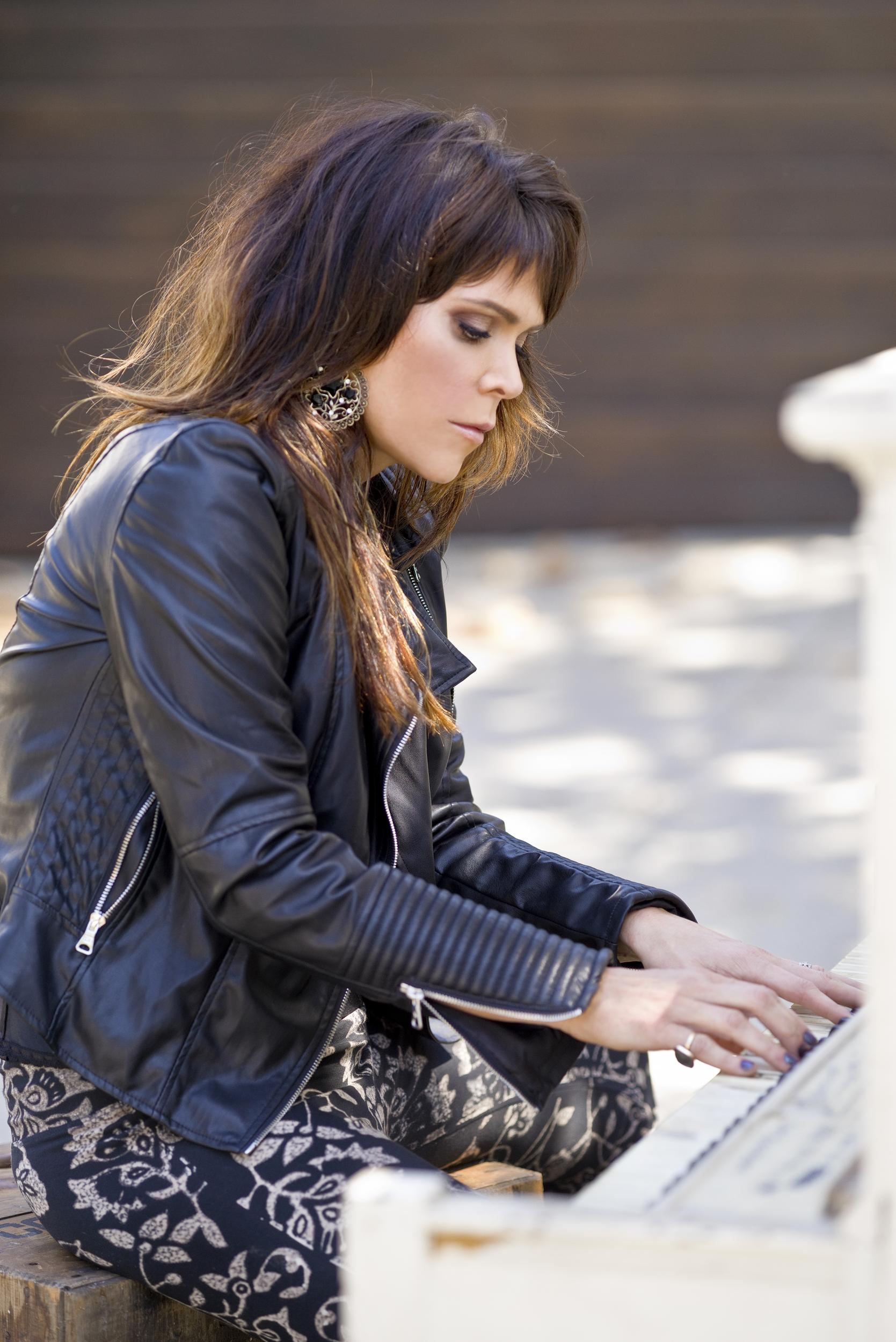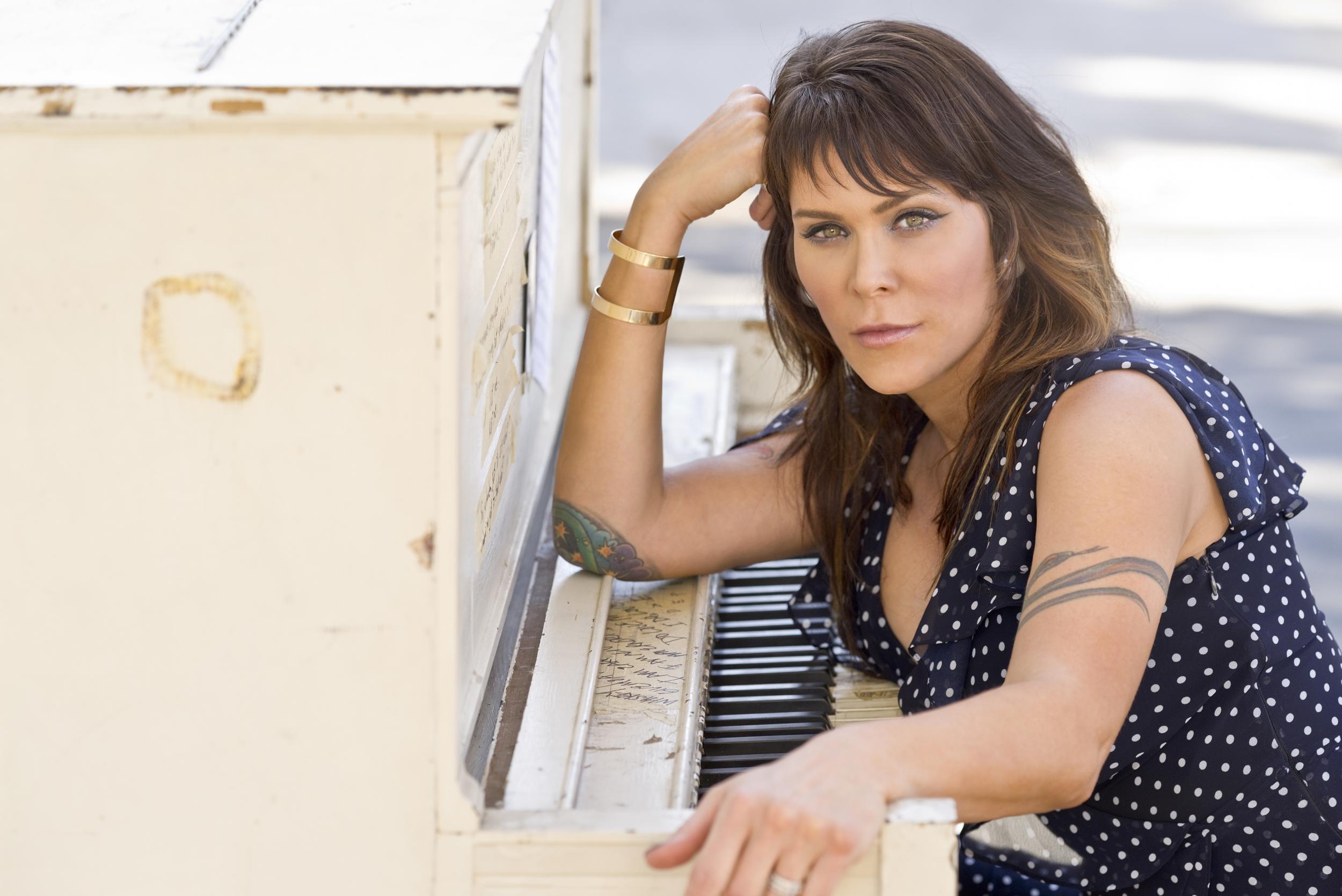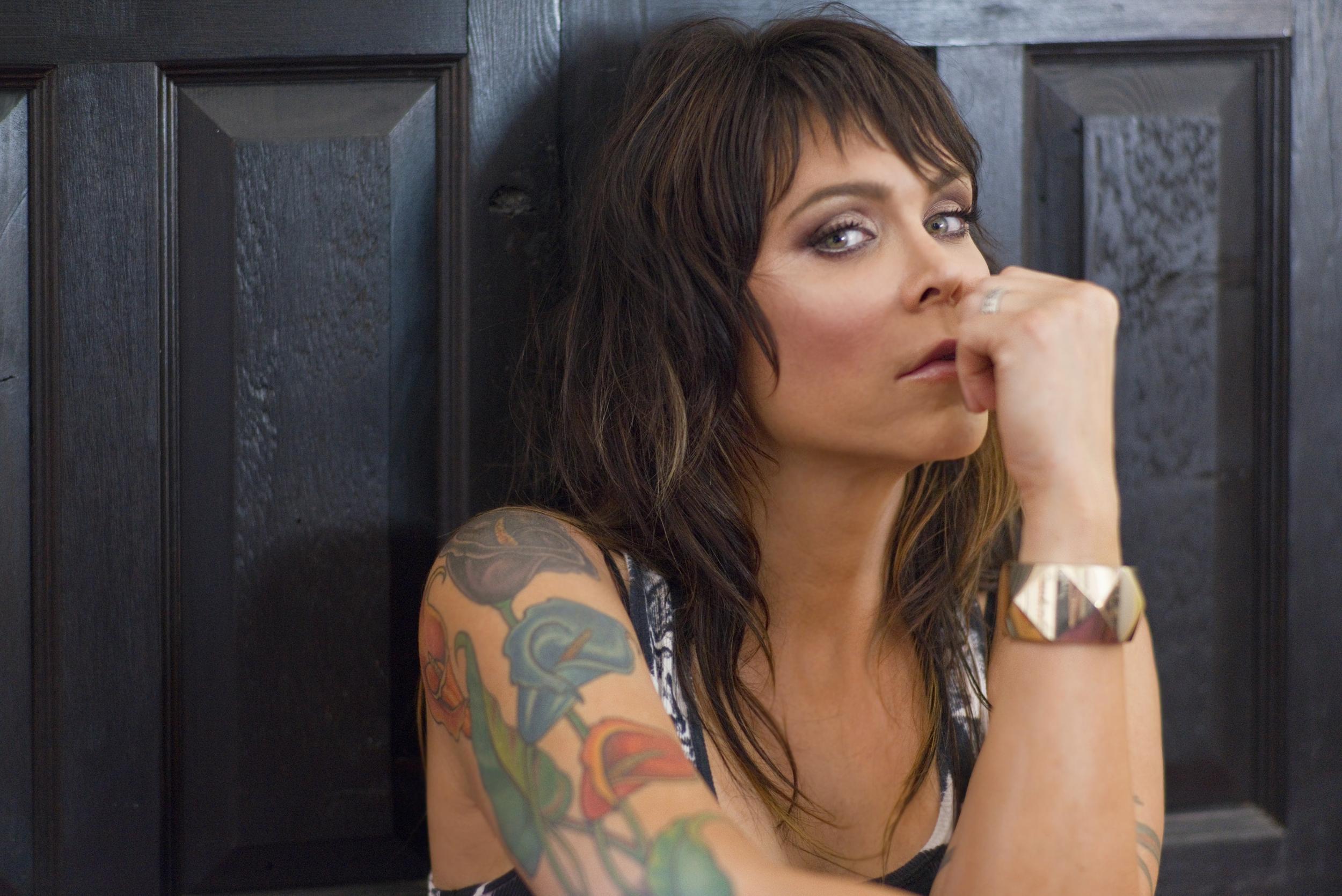Your support helps us to tell the story
From reproductive rights to climate change to Big Tech, The Independent is on the ground when the story is developing. Whether it's investigating the financials of Elon Musk's pro-Trump PAC or producing our latest documentary, 'The A Word', which shines a light on the American women fighting for reproductive rights, we know how important it is to parse out the facts from the messaging.
At such a critical moment in US history, we need reporters on the ground. Your donation allows us to keep sending journalists to speak to both sides of the story.
The Independent is trusted by Americans across the entire political spectrum. And unlike many other quality news outlets, we choose not to lock Americans out of our reporting and analysis with paywalls. We believe quality journalism should be available to everyone, paid for by those who can afford it.
Your support makes all the difference.I don’t like to give credit to anything that’s dark or twisted like bipolar disorder: it’s a dangerous disease, statistics show that 1 In 4 people die from it by taking their own lives. But my doctor tells me that it's a double edge sword - it’s not a good thing that I have it but I can be thankful because it’s a big part of my creativity.
I have to take medication regularly and this has had an impact me in a good way, artistically speaking. Before I was on medication the mania was so bad that I couldn’t concentrate, so although I’d feel very creative I could never really finish a piece of work because my mind was moving so fast.
I had so much anger and judgement towards myself for my work not being up to the standard that I expected it to be, so I wouldn’t allow myself to complete anything. And usually when I would be able to complete something would be when I was in a depressive state.

Now that I’m on medication I still get the mania and depression because the medication doesn’t cure it, but it makes it so much more manageable. I can complete all the work that I start and if I am struggling to complete it, it’s really my own psychological things that are getting in the way.
It’s very important for me to do things like talk therapy. That’s where you begin to see the walls that your illness has put up as a way to protect yourself... but of course those walls also keep us from getting to the truth of things. When I’m on tour, one of the lovely things about meeting journalists is that it’s kinda like its own therapy so I can still feel in a secure place.
My doctor said when I’m feeling good, it's not healthy; it's mania but could be early stage mania which is hypo-mania, you feel very elated and have many ideas.
What's dangerous about that is that when you have the type of bipolar I have (Bipolar 1 Rapid Cycling), the early bouts of my mania feel fantastic and then very quickly it stumbles to be very spiralled out; paranoia, fear, even hallucinations at times.
Now I’ll go into what is called "spinning thoughts" that I cannot turn off in my head. until I go to the piano. Then I’m really able to be creative. Although I take the medication which has made a huge impact on my life in a positive way, still, honestly, when I’m a bit sick is when I’m at my most creative.

I didn’t think of my songwriting or music when I received the diagnosis of bipolar, what I thought of was "thank God", there is an answer to why I have felt the way I have felt for so many years, since childhood.
I was so incredibly ashamed of myself, all growing up and through my 20s I thought I was a bad seed.
Once I heard this bipolar diagnosis it helped me to see that a big part of the illness is having self-hatred and self-doubt, which is why suicide rates for bipolar are so high, so this brought me great comfort.
When I’m in the mindset of either depression or mania, which is what really funnels my creativity, I will complete a song that day.
So I tend to become very obsessive and not leave the piano until I do - however when I come across pieces that I’m working on and I see that I’m struggling to find the lyric... that may take a year to write.
But no change or shift in mood takes me away from that once I start on it. If I'm feeling balanced I will probably leave it alone for a few weeks, and then once I go back I will shift back on the piano, and I will become very vigilant on figuring out that piece.
Beth Hart is playing an intimate sold out show at the Union Chapel on 14 December
For more information on bipolar disorder you can visit Mind.org.uk

Join our commenting forum
Join thought-provoking conversations, follow other Independent readers and see their replies
Comments